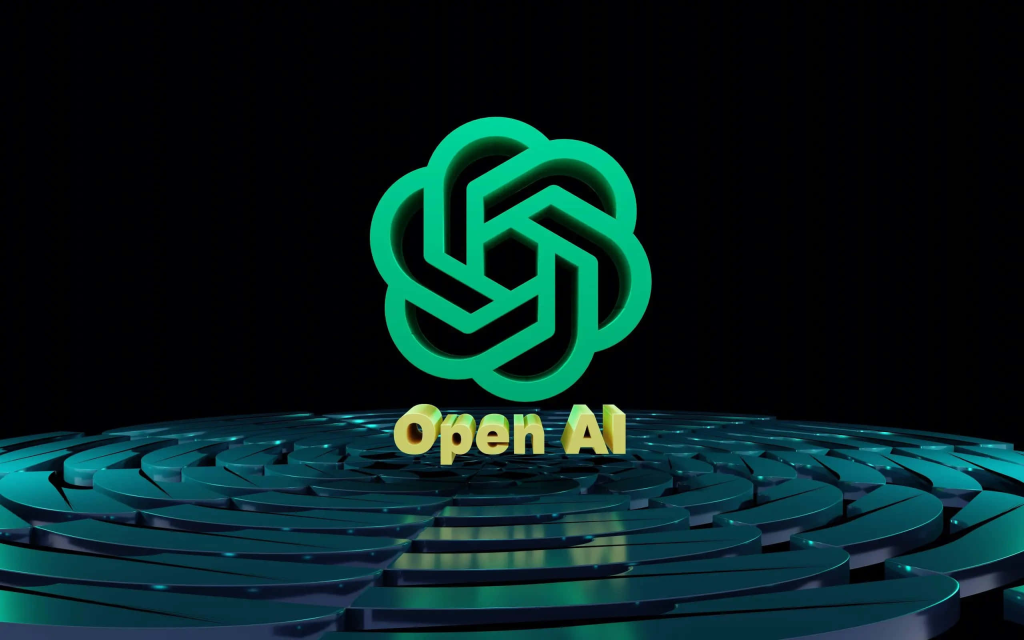OpenAI is considering transitioning from a nonprofit into a for-profit company, and its deep-pocketed benefactor, Microsoft (MSFT), has a lot to gain if the ChatGPT developer gets the green light to act more like a startup.
“Anything that frees up OpenAI to focus on profit is likely to benefit Microsoft’s investment in the company,” said Sarah Kreps, director of the Tech Policy Institute in the Brooks School of Public Policy at Cornell University.
A reconfigured business structure would give Microsoft an opportunity to renegotiate its already generous profit cap, as well as discard a provision that denies Microsoft an interest in OpenAI-created general artificial intelligence (GAI), according to another observer.
“[OpenAI] is clearly saying that the nonprofit will no longer be in control, so presumably that means Microsoft and other investors will have more say about what OpenAI does,” said Rose Chan Loui, founding executive director of the University of California Los Angeles’s Lowell Milken Center for Philanthropy and Nonprofits.
But there are potential snags for Microsoft as OpenAI attempts to shed its charitable cloak.
OpenAI’s huge valuation, labyrinth of for-profit subsidiaries, and potentially risky technology make a for-profit switch legally and publicly complicated — and could invite pushback from regulators.
Still, OpenAI’s investors see plenty of upside. On Wednesday, the company announced it raised some $6.6 billion in its latest funding round, valuing the Sam Altman-helped firm at $157 billion. However, that valuation is largely contingent on OpenAI becoming a for-profit entity.



